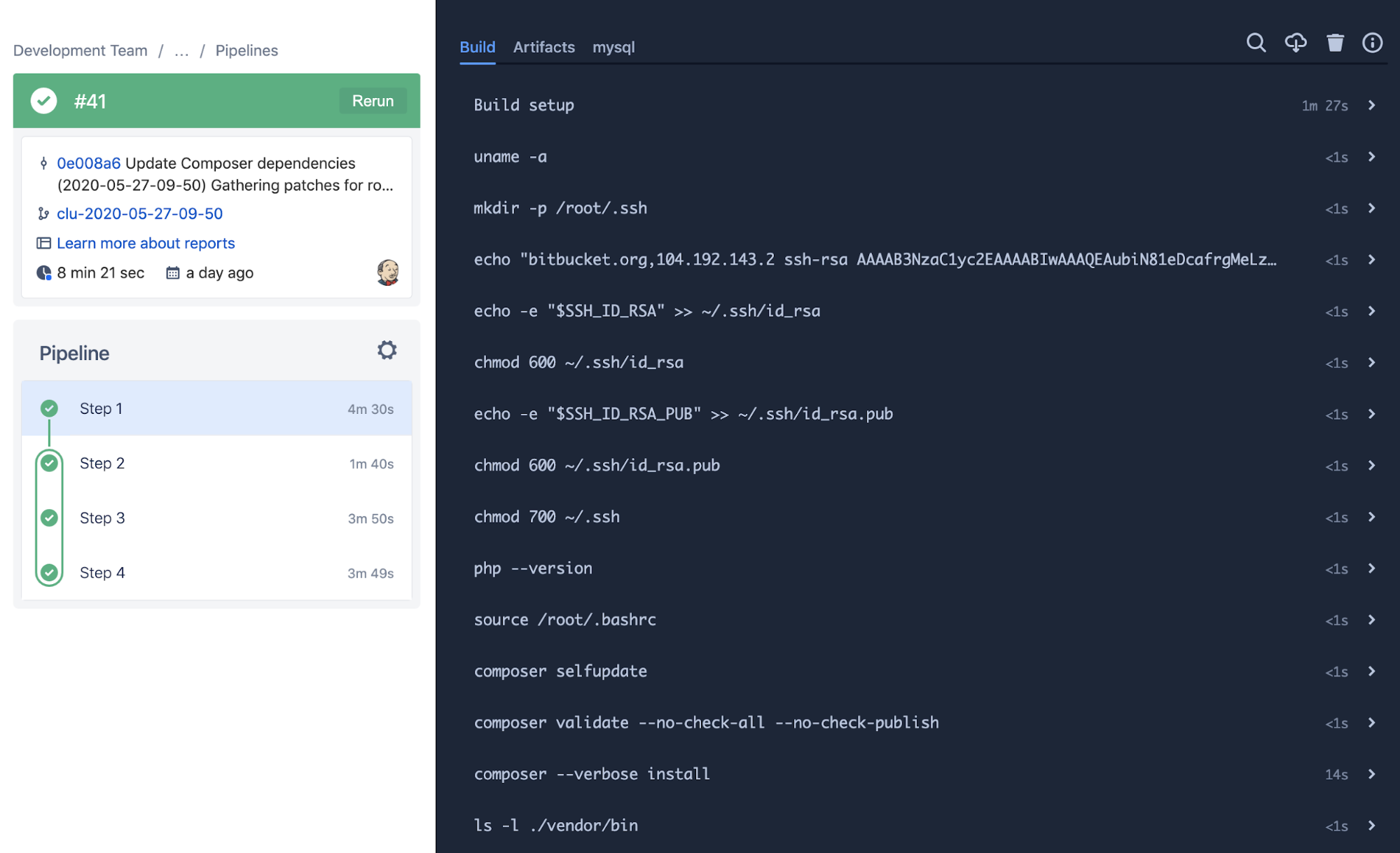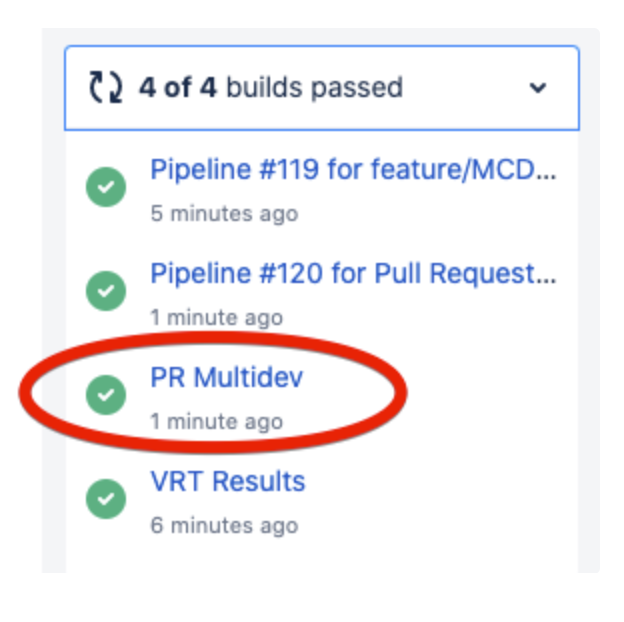Managing updates in Drupal 8 can be a challenge. Core and contributed projects are frequently updated, and as with any update, there is an opportunity for incompatibility or regression. Costs to manually manage Drupal updates can eat into a monthly support budget that would otherwise be used for new features or creative work that adds business value. That’s where automation comes to the rescue!
Mediacurrent’s new automated update process uses machines to cut down on otherwise tedious (but necessary) work to keep your Drupal website up and running. From JIRA ticket creation to testing and staging, our process handles the longer steps that would otherwise require a developer. The result is significant time savings (2-3x times) for updates. Find out more below!
Here’s how it works
Step 1 - Detecting updates
The first step to automating updates is a job that continually looks for Composer updates for the Drupal 8 application. When new updates are detected, a pull request is created which kicks off a range of tests that include security, code quality, visual regression, and custom functional tests. This cuts down on the amount of manual testing that would be otherwise required to ensure that updates don’t include regressions.

Example “automated” pull requests that have been merged

Partial screenshot of automated tests output in Bitbucket
Step 2 - JIRA integration
The next part of this process is automatic JIRA ticket creation that will alert the project team to the Composer updates being performed. This ticket will ensure that work gets tracked appropriately through to deployment and saves one of the otherwise tedious steps required along the way.

Example Slack notification of a new JIRA ticket created
Step 3 - Staging updates
That last piece of Mediacurrent’s update automation involves staging the updates on a hosting environment such as Pantheon Multidev or an Acquia Cloud environment. This aspect is important because it means we have used machines to expedite the process immediately to the testing step. Up to this point, we have run the Composer update through several automated tests that have all passed. This gives the green light to a QA engineer to perform the final testing.
Once testing has been completed to everyone’s satisfaction, the pull request is merged which will kick off the typical CI workflow that stages new updates for the next scheduled production release. The net result is time (and headaches) saved!

Ready to get started?
Contact us today to find out how to save time and money using Mediacurrent’s automated update process. We would love to work with your organization to streamline the management of your Drupal 8 application. Feel free to chat with us now (see the bottom right corner) or visit our contact page to set up a time to discuss our solution.